LETTER FROM THE CHAIRMAN
AISES – Approaching 40 Years and Stronger Than Ever
As a young tribal chairman, one of the compelling recommendations I was given was to rely on the counsel of my Elders and always keep a lawyer by my side. It was sound advice. Today, I would strongly recommend that all those who lead their band or tribe continue to rely on the advice of their Elders, keep their lawyer close, but I add, keep a Native STEM professional even closer.
Founded in 1977, the American Indian Science and Engineering Society is THE national, nonprofit organization focused on substantially increasing the representation of American Indians, Alaska Natives, Native Hawai’ians, Pacific Islanders, First Nations, and other indigenous people of North America in science, technology, engineering, and math (STEM) studies and careers. Not a day goes by where we are not reminded of the important role we each have when it comes to decisions that are made about our world involving technology and its implications. AISES has long assumed — and continues to play — a vital role in ensuring that we are ready to respond and lead in STEM. And today’s stronger AISES is more prepared than ever to meet that need.
Our 2016 annual report highlights an outstanding year of leadership, engagement, involvement, passion, and financial stability. Your AISES CEO and staff have done a remarkable job in leading the organization, and you can be proud of those you selected to be on the Board of Directors.
In addition to increases in sponsors, supporters, programs, and revenue for the organization, there are more chapters, greater awareness of what AISES does, and stronger relationships across the organization. Further, AISES Publishing, Inc., an organization principally owned by AISES, has taken a more direct and engaged role as the full publisher of Winds of Change since The Pohly Company decided in late 2016 to no longer provide publishing services to AISES. The transition has gone smoothly, much to the credit of the Pohly leadership and the AISES leadership. The move readies AISES Publishing for a solid future.
Next year, 2017, marks the 40th Anniversary of AISES, and I am proud to be part of the AISES Board that helped position the organization for a strong future. Please enjoy what you read in our 2016 annual report because it’s about you, it’s about AISES, and it’s about the opportunities for our future.
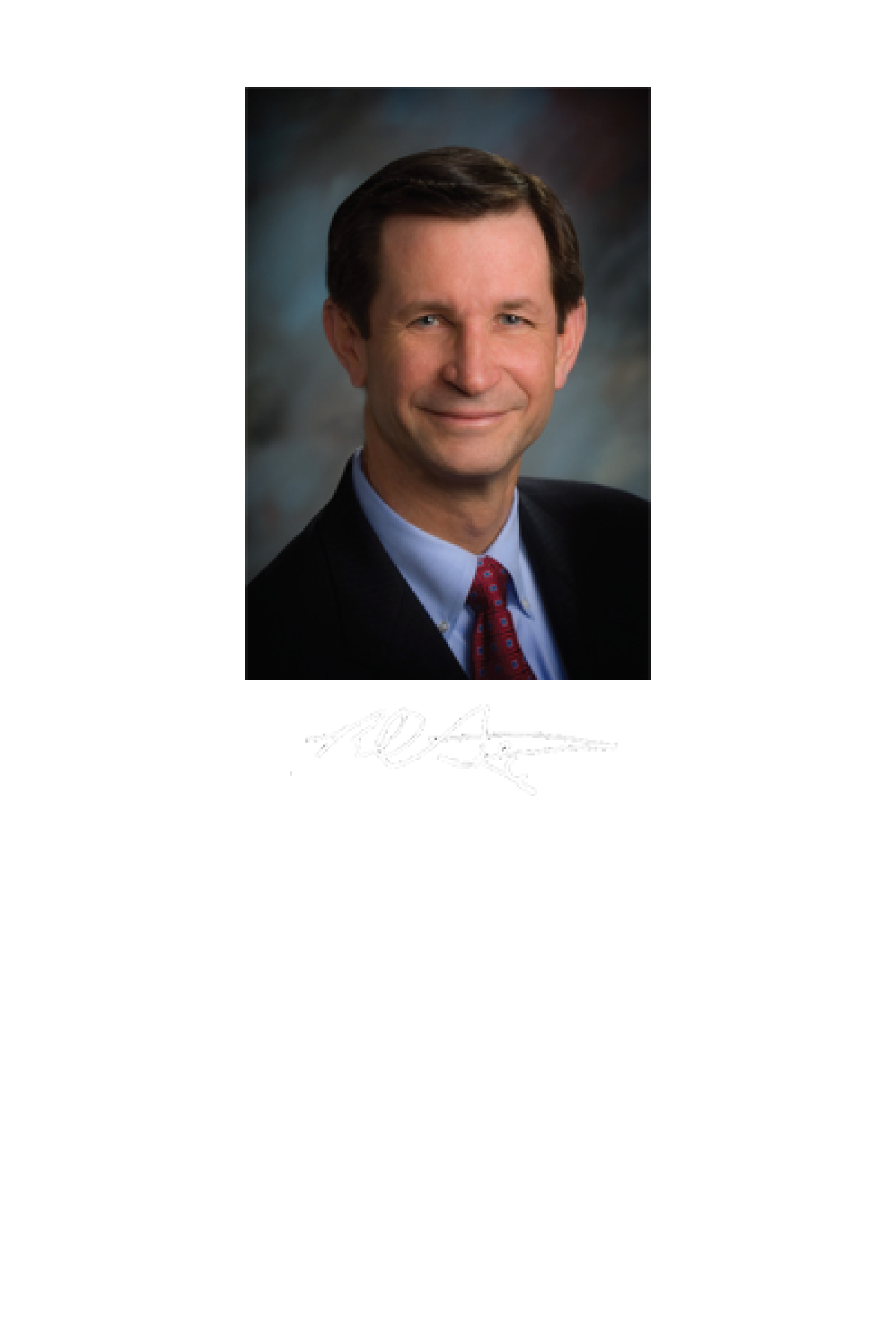
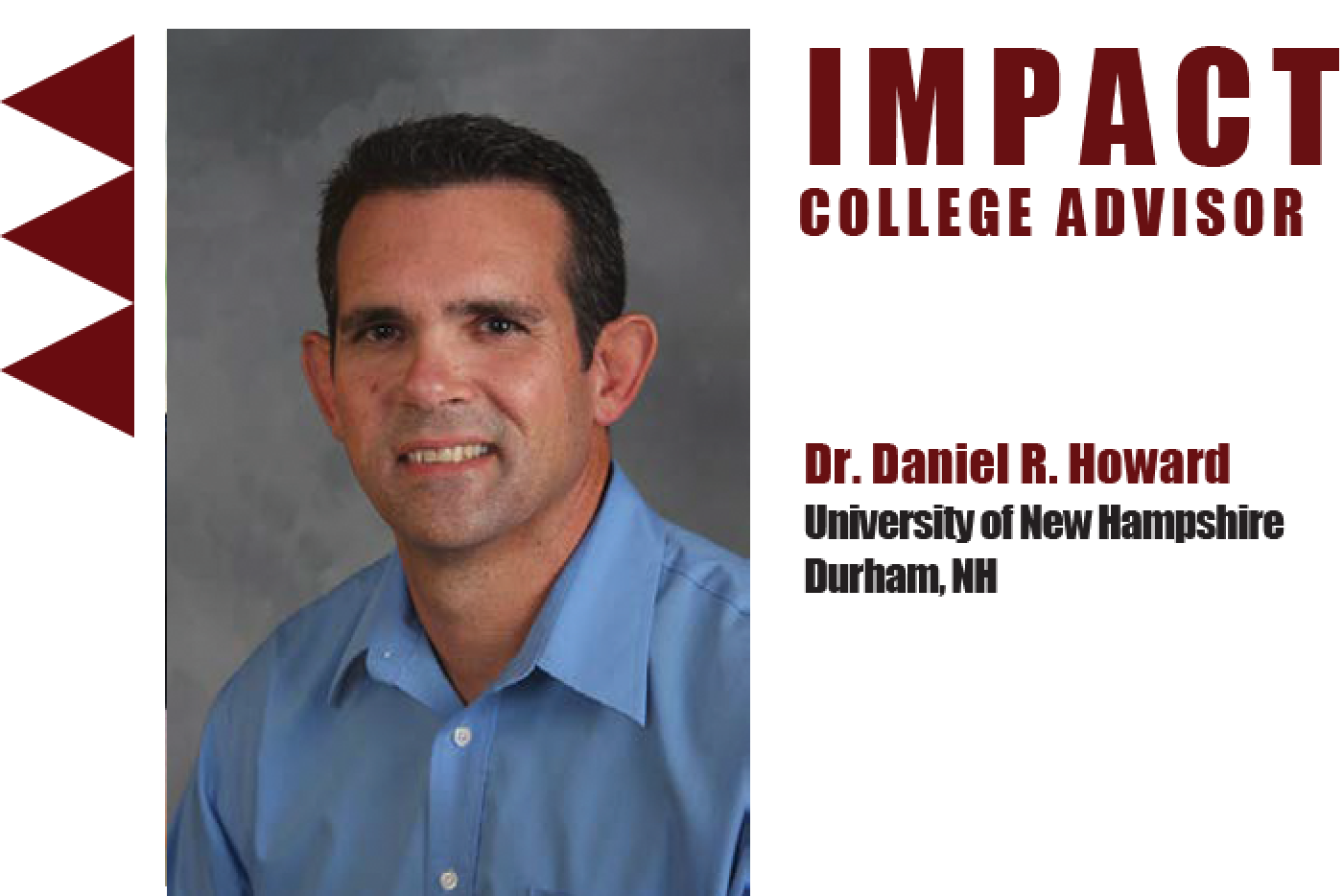
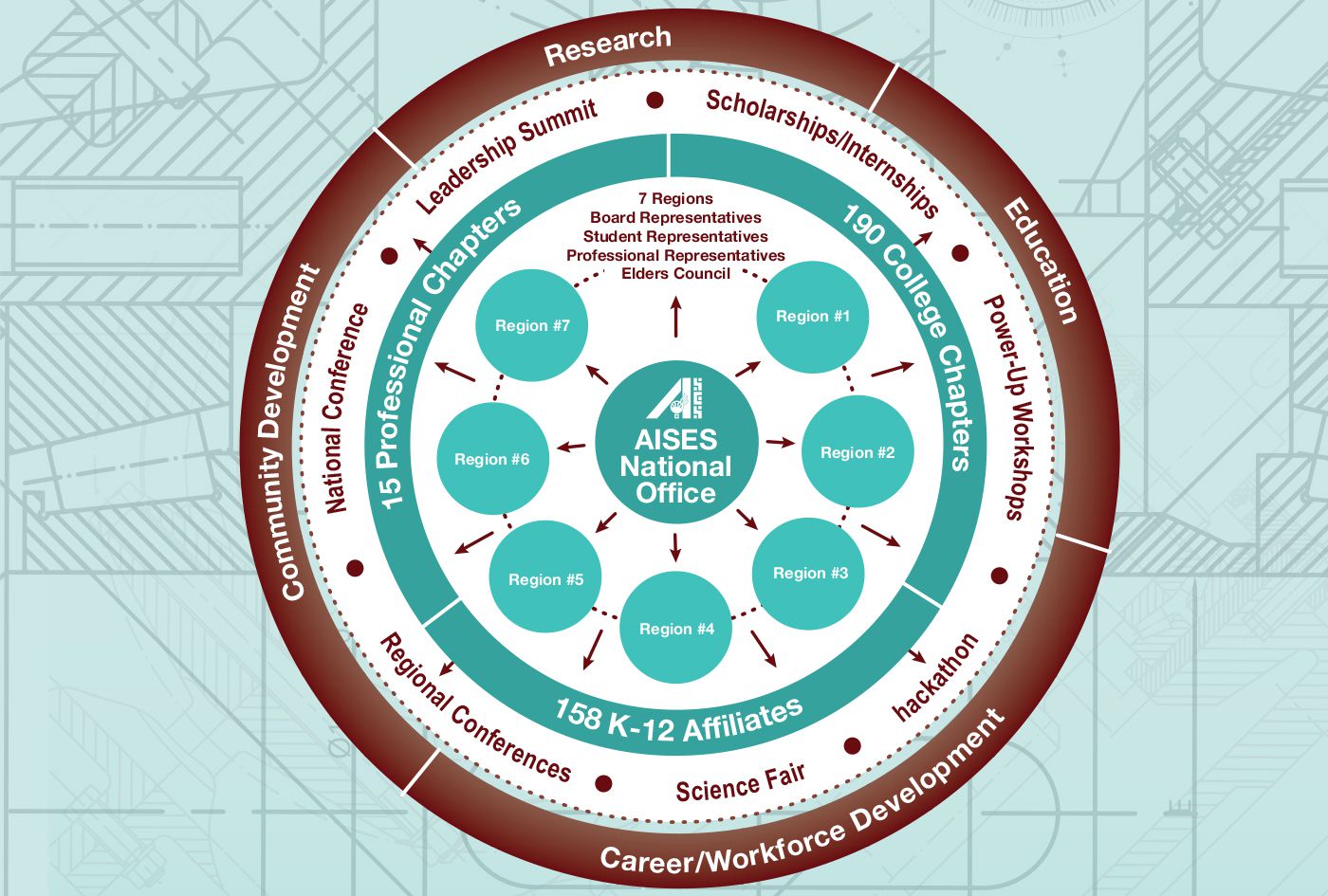
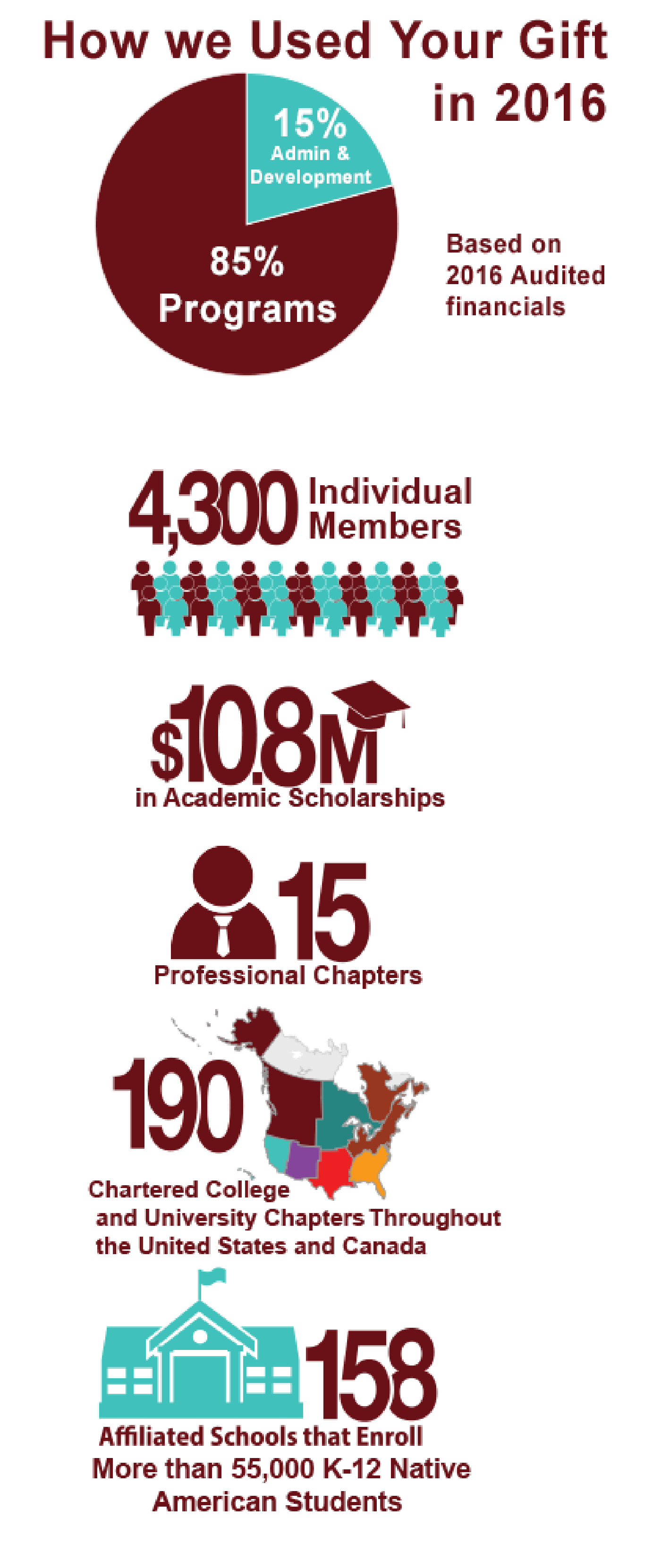
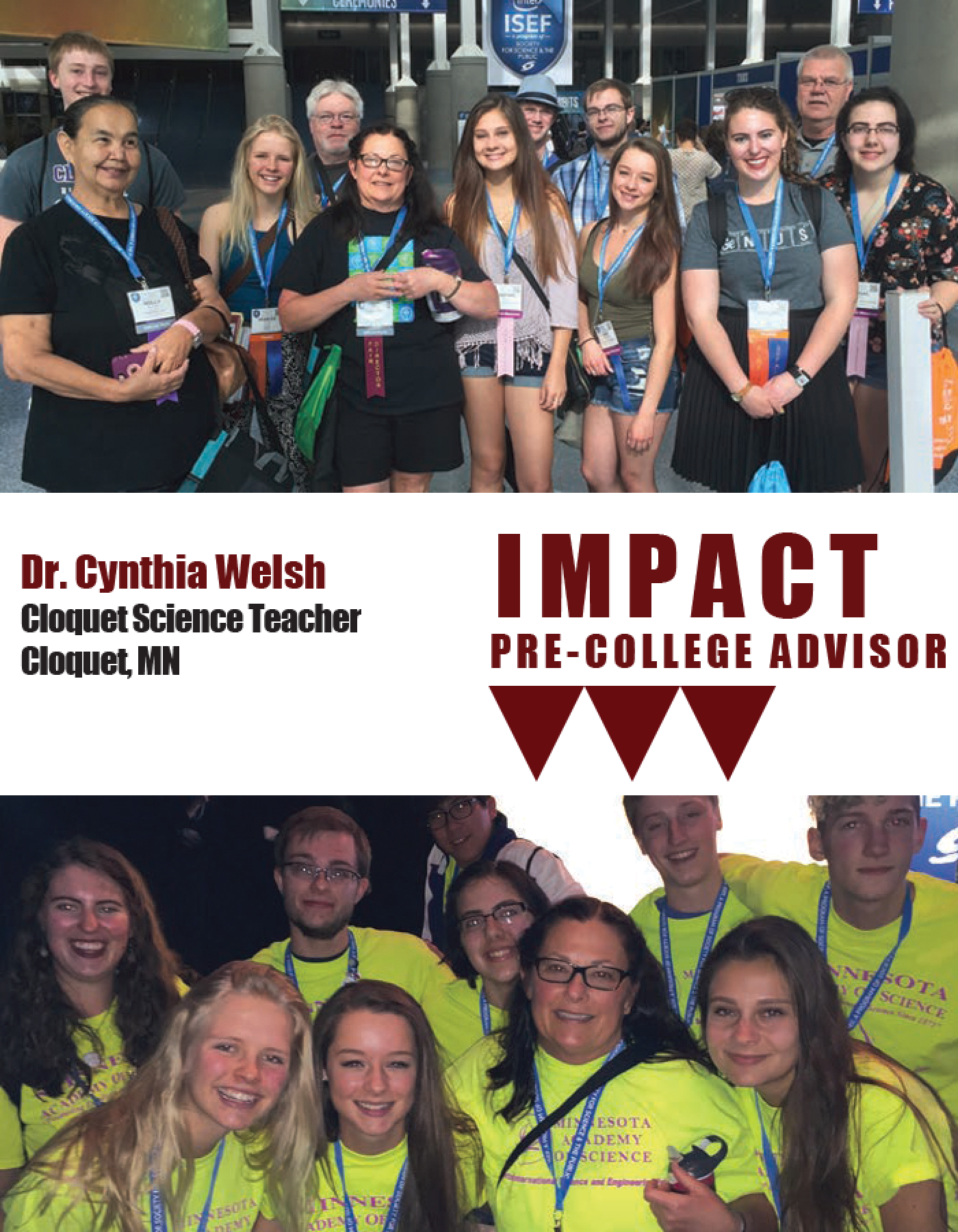
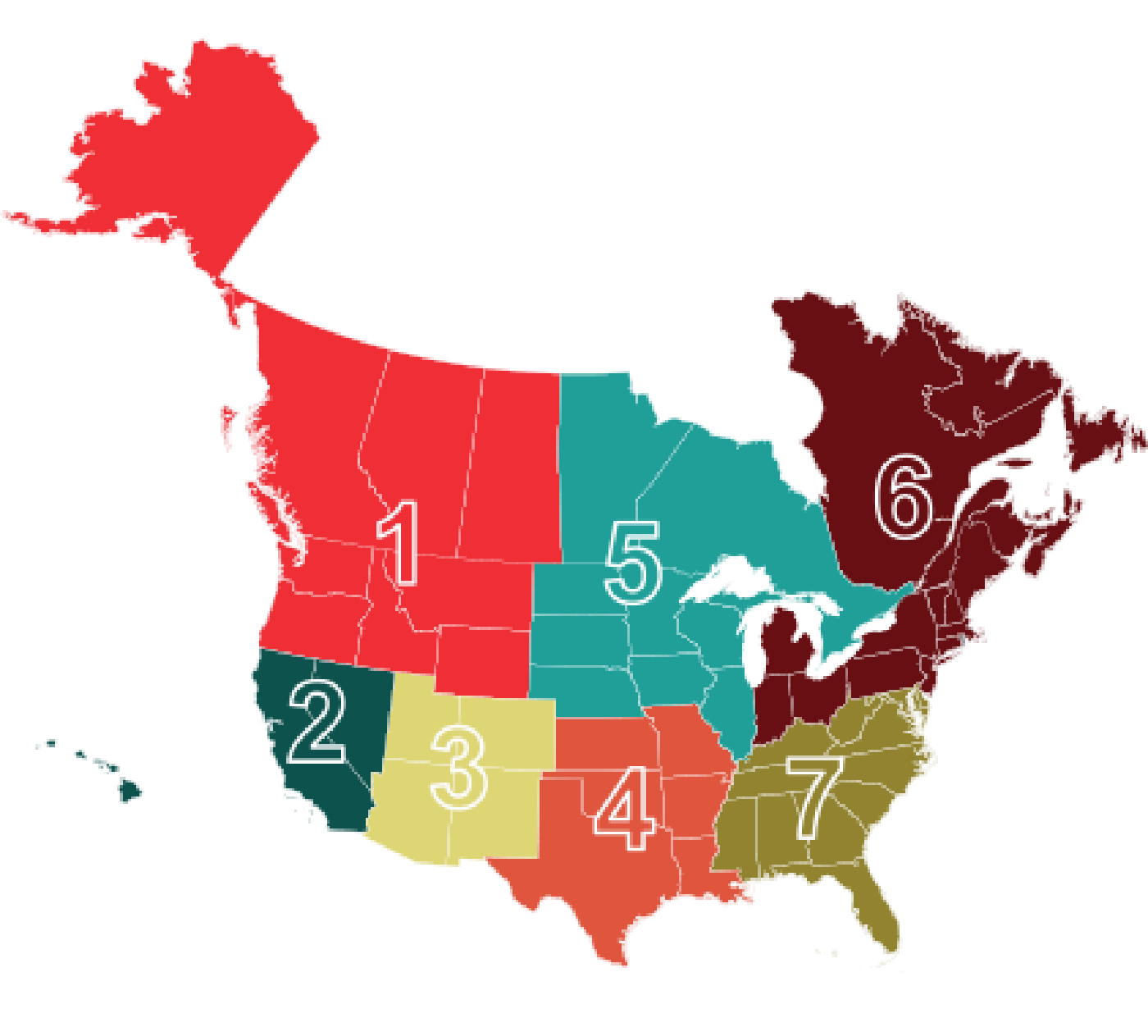
SHARE THIS PAGE!